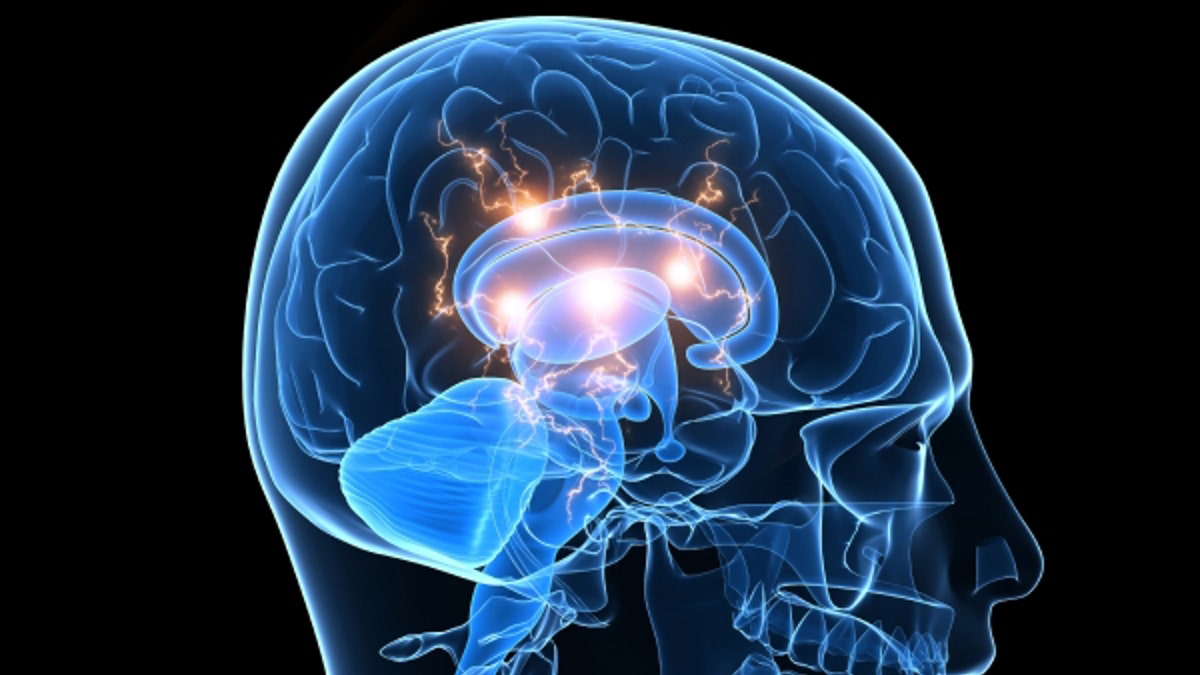
People with present depressive thoughts may experience a 12 percent reduction in memory function compared to individuals who are not depressed, suggests a study published online Tuesday in the journal Cognition and Emotion.
"Depression is an interference phenomenon,” study author Bart Rypma, behavioral and brain sciences professor at the University of Texas at Dallas, said in a news release. “We hypothesize that when individuals with depressed mood are exposed to stimuli— such as a meaningful song or a place that evokes sad feelings— the brain fixates on that and can't focus on daily tasks such as a phone conversation or completing a grocery list.”
The study authors noted that depression impacts 151 million people worldwide and costs Americans $83 billion per year— costs that are related to productivity loss and disability caused by depression.
For the study, researchers found a way to stimulate depressive thoughts in participants and observe the effects on memory.
Among the 157 participants in his study— all undergraduate students— 60 were classified as being depressed and 97 were classified as non-depressed. Scientists administered a survey that allowed subjects to self-report depressive symptoms experienced over the previous two weeks. Study authors measured the participants’ working memory, which affects short-term storage of information while other cognitive processes are active.
Participants responded “true” or “false” to depressive thoughts, such as “People don’t like me,” and neutral information, such as “Most people agree that Monday is the worst day of the week.” Researchers followed those inquiries by administering a string of numbers that the participants had to remember.
Those participants with a depressed mood failed to recall more numbers than the non-depressed participants when responding to negative information, but they remembered just as many numbers when they responded to neutral information.
Rypma noted that study’s findings may help researchers analyze neural imaging studies with more confidence in the future, as previous imaging studies showed brain differences between depressed and non-depressed individuals but corresponding cognitive tests did not.
The study authors believe their findings may aid in diagnosing and treating cognitive issues among people who are depressed, as well as motivating those experiencing depressive thoughts with the possible negative impact on their memory.
“Understanding and accurately diagnosing memory loss in depression is paramount for developing an effective therapeutic approach," lead author Nicholas Hubbard, a doctoral candidate at the Center for BrainHealth at the University of Texas at Dallas, said in the news release. "Our findings implicate that therapeutic approaches such as teaching one to recognize and inhibit depressive thoughts could be a key aspect to treating cognitive deficits in depression."







































